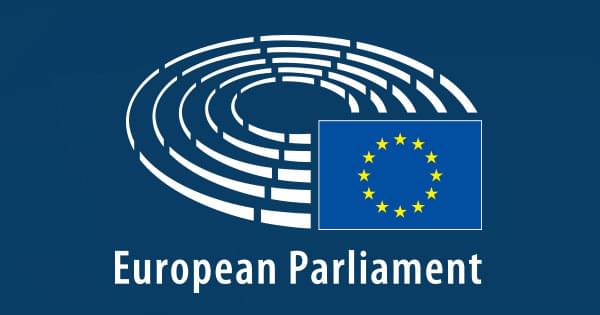European Parliament joins WHO in supporting medical cannabis after resolution passes

The European Parliament has voted on a resolution to support medical cannabis in countries that make up the European Union. This news comes following reports concerning the World Health Organization’s (WHO) decision to reschedule cannabis and various of its key components under international drug treaties.
A show of hands marked the passing of the non-binding resolution, which demonstrated strong support in the deliberative assembly. Although the passing of the medical cannabis resolution won’t exactly alter international cannabis laws, it suggests that more member states may in the near future develop regulatory and research models for the plant in its therapeutic form.
The resolution “calls on Member States to allow doctors to make free use of their professional judgement in prescribing regulatory-approved cannabis-based medicines to patients with relevant conditions, and to allow pharmacists to lawfully honor those prescriptions.”
It also encourages countries to “improve equal access to cannabis-based medicines and to ensure that, where allowed, medicines which are effective in treating specific conditions are covered by health insurance schemes in the same way medicine, while ensuring that patients are accompanied by specialized medical professionals during their treatment.”
“The EU Parliament is just the latest voice to recognize the medical value of cannabis and the benefits of regulation over prohibition,” said publisher of Marijuana Movement, Tom Angell. “I’m hopeful that the growing chorus in favor of reform will spur action by nations to change their policies and improve access for patients who need this medicine.”
Details of the cannabis resolution
“Standards for non-pharmaceutical medical cannabis to ensure consumer safety” are addressed in the resolution that members of the European Parliament recently voted on. It calls on the states member of the European Union and the Commission to address the regulatory, financial and cultural barriers that have so far restricted scientific research on the cannabis plant and its medicinal purposes.
Furthermore, the Commission and MEP’s have said it is essential to “define the conditions required to enable creditable, independent scientific research based on a wide range of material to be conducted into the use of cannabis for medicinal purposes.”
They also touched upon the importance of enhancing equal access to cannabis-based treatments and the correct therapies for specific cases.
“It is essential that they be provided with comprehensive information about the full spectrum profiles of the plant strains used in the medication provided,” reads the resolution, which requests a tight partnership with the WHO.







